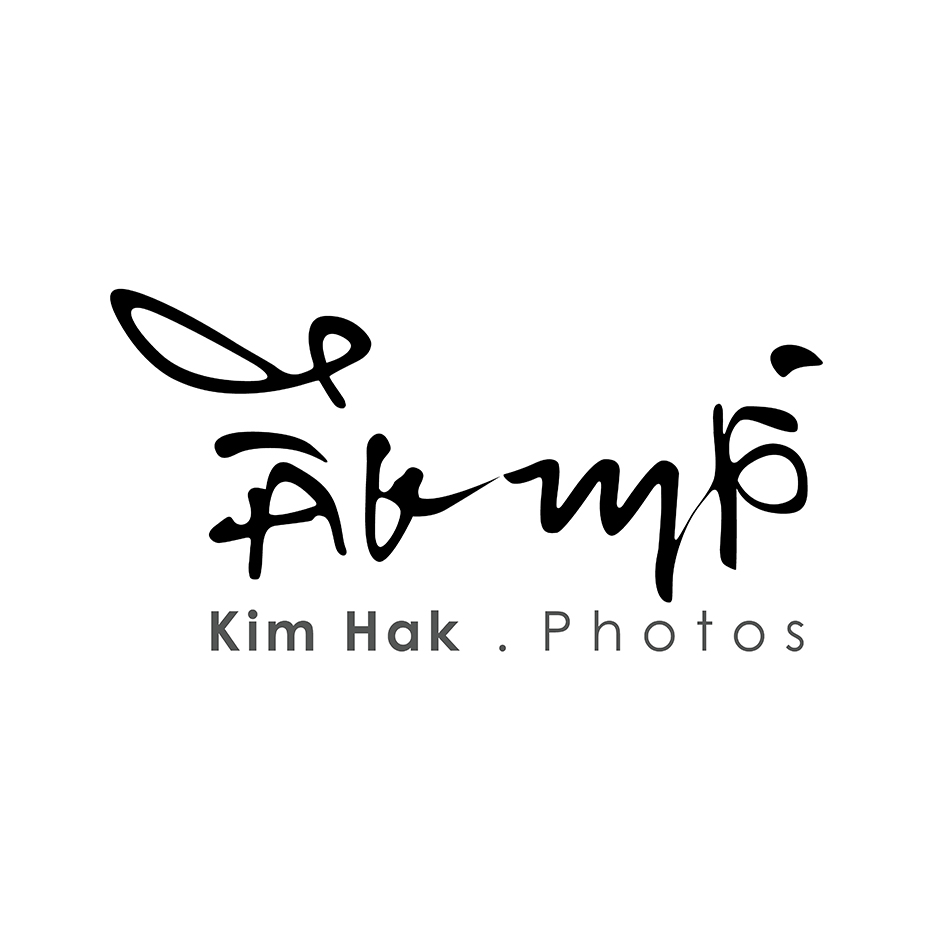Cambodian community of Auckland celebrates launch of Kim Hak books
3 April 2025

Kim Hak's Alive book for sale at the launch.
In 2018, award winning Cambodian photographer Kim Hak travelled to New Zealand to photograph those with Cambodian roots who had settled in New Zealand after escaping as refugees from their home country’s era of conflict, including the brutal Khmer Rouge regime.
Alive III was a showcase of 40 photographic works featuring some of the actual objects that sustained the body and spirit of Cambodians forced to flee the brutal Pol Pot regime, which extended from 1975-1979.
The first edition of the Alive III book quickly sold out and on 29 March 2025 Kim Hak travelled to New Zealand to celebrate the launch of the new and second edition of Alive III. This new edition has a redesigned hard cover and one new story included. Members of the local Cambodian community, with the support of the Rei Foundation, had fundraised to ensure that the book was republished.
The joyous book launch was held at the Papatoetoe Town Hall, and included a buffet dinner, dancing from local traditional dancer Richard Ouk, and singing, featuring singer Kunthea Vuth, newly arrived from Phnom Penh. Sameth Yim MCed the evening, ably assisted by community leader Chakara Lim.
Many of those featured in the book were guests at the launch. They included Marann Keo and her husband, Vireak Mam. Marann’s photograph in Alive III was a soup pot given to her by a special friend and which she used to carry clothes to several refugee camps and then to New Zealand. Also present were Bunrith Kuy, and his wife Be Mathin Kuy, who is featured in a glamorous old portrait. Be Mathin had hidden the negative of her portrait and developed it when she arrived in New Zealand. Bunrith, as a medical worker, had hidden his surgical scissors in a bag of rice to carry out of Cambodia. Other guests featured in the book included Meng Ly, Chinaboth Lach, Kol Noun and Hearn On, whose photo showed a Chapey Dong Veng, or bowed lute, which he constructed using firewood and milk cans. Rasy Soth attended the launch representing his father Song Bin, who teaches Khun Khmer, a Cambodian martial art form. Song Bin was unable to attend as he was away at a boxing tournament.

Kim Hak speaks at the book launch.
Hak, who was born two years after the end of the Khmer Rouge regime, grew up listening to the memories of his parents and extended family – stories of suffering and painful experiences. His parents, like the rest of Phnom Penh’s two million residents, had been ordered into the countryside. They often carried only clothes, cooking utensils, a few pieces of jewellery and above all, photographs to remember their loved ones. Some, like Hak’s parents, buried their photographs in their gardens, protected by plastic. He recalls travelling in 2015 to retrieve their photographs. It was then that Hak became interested in photography.
Six community organisations, including the Auckland Cambodian Youth and Recreation Trust, Cambodian Association Auckland Inc, Khmer Incorporated Inc, Khmer Krom Association Inc Auckland, Auckland Khmer Buddhist Association, and Canterbury Cambodian (Khmer) Association Incorporated, along with the support of the Rei Foundation, fundraised to republish the new edition of the book. The groups wanted to have the book reprinted because they believe in the importance of having these stories available for future generations.

Richard Ouk dances a Cambodian traditional dance
Alongside Alive III, Hak (pictured, left with Chakara Lim) also launched in New Zealand My Beloved, a coffee table book of landscapes he has photographed during a ten year journey around Cambodia. He travelled along the banks of the Mekong River to Tonle Sap Lake, and on to the southern coastline. Hak says he wanted to celebrate the diversity and beauty of Cambodia’s landscape and people, rather than concentrating on the customary tourist hotspots such as Angkor Wat and the capital city, Phnom Penh. He also wanted to emphasise positive images of Cambodia rather than perpetuating pre conceived ideas of genocide and the Khmer Rouge.
First shown as an exhibition in Yokohama, Japan, this photographic project is now available in a special publication designed by curator and designer Takuma Hayashi and printed by Japanese Live Art Books. The book has already been launched in Japan and Cambodia. Of special interest is the fact that each copy is uniquely bound with traditional krama Cambodian scarf fabric sourced from different regions covered in the book.
Purchasers can choose from an array of different krama covers. Both books can be purchased from the Rei Foundation website shop. The Rei Foundation is supporting Kim Hak’s visit and ongoing projects as they align with the foundation’s mission of supporting diverse communities to build confidence and to promote a society that respects that diversity in individuals and communities is a strength.
For further information, visit: http://www.reifoundation.com/shop.
For Kim Hak’s interview with Radio New Zealand, visit: https://www.rnz.co.nz/national/programmes/ninetonoon/audio/2018981172/alive-iii-cambodian-refugees-remember-khmer-rouge-regime
For the Sunday Star-Times’s interview with Alive III participant Marann Keo, visit: https://www.thepress.co.nz/culture/360620739/surviving-pol-pot-thriving-auckland
Return to Journal













